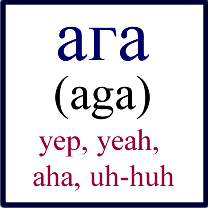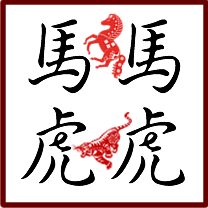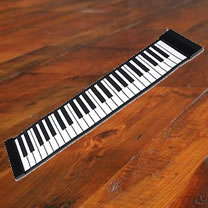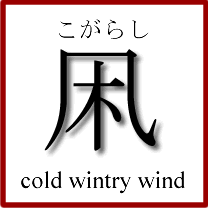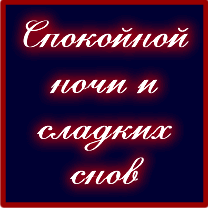
The most common way to say good night in Russian is спокойной ночи (spakóynay nóchi). Which is a contraction of the phrase Желаю тебе спокойной ночи (I wish you a quiet night).
Спокойной is a form of спокойный, which means ‘calm, gentle, pacific, secure, sober, collected, cool, level, quiet, settled, tranquil, cosh, comfortable, immovable, peaceful, sedate, steady, reposeful, cool-headed, orderly, restful, smooth, unruffled, sober-blooded, composed, imperturbable, placid, serene, still, douce’.
Related expressions include:
– спокойная жизнь = a restful life
– спокойная вода = calm water
– спокойное море = serene
– спокойные цвета = quiet colours
– спокойный нрав = even temper
– спокойствие духа = peace of mind
Ночи is a form of ночь, which means night.
Related expressions include:
– ночной столик = bed-side table
– ночной сторож = watchman
– ночной цветок = night-flower
Other ways to wish someone a good night in Russian include:
– Доброй ночи = Good night
– Сладких снов = Sweet dreams
– Приятных снов = Pleasant dreams
Сладких is a form of сладкий, which means ‘honeyed, sweet, luscious, mellow’.
Снов is a form of сон, which means ‘sleep, dream, slumber, rest, repose, shut-eye’.
Приятных is a form of приятный, which means ‘acceptable, sweet-tempered, goodly, likable, palatable, soft, kindly, good, grateful, lovesome, pleasing, satisfactory’.
Are there other ways to wish someone a good night in Russian?
Sources: bab.la, Quora
